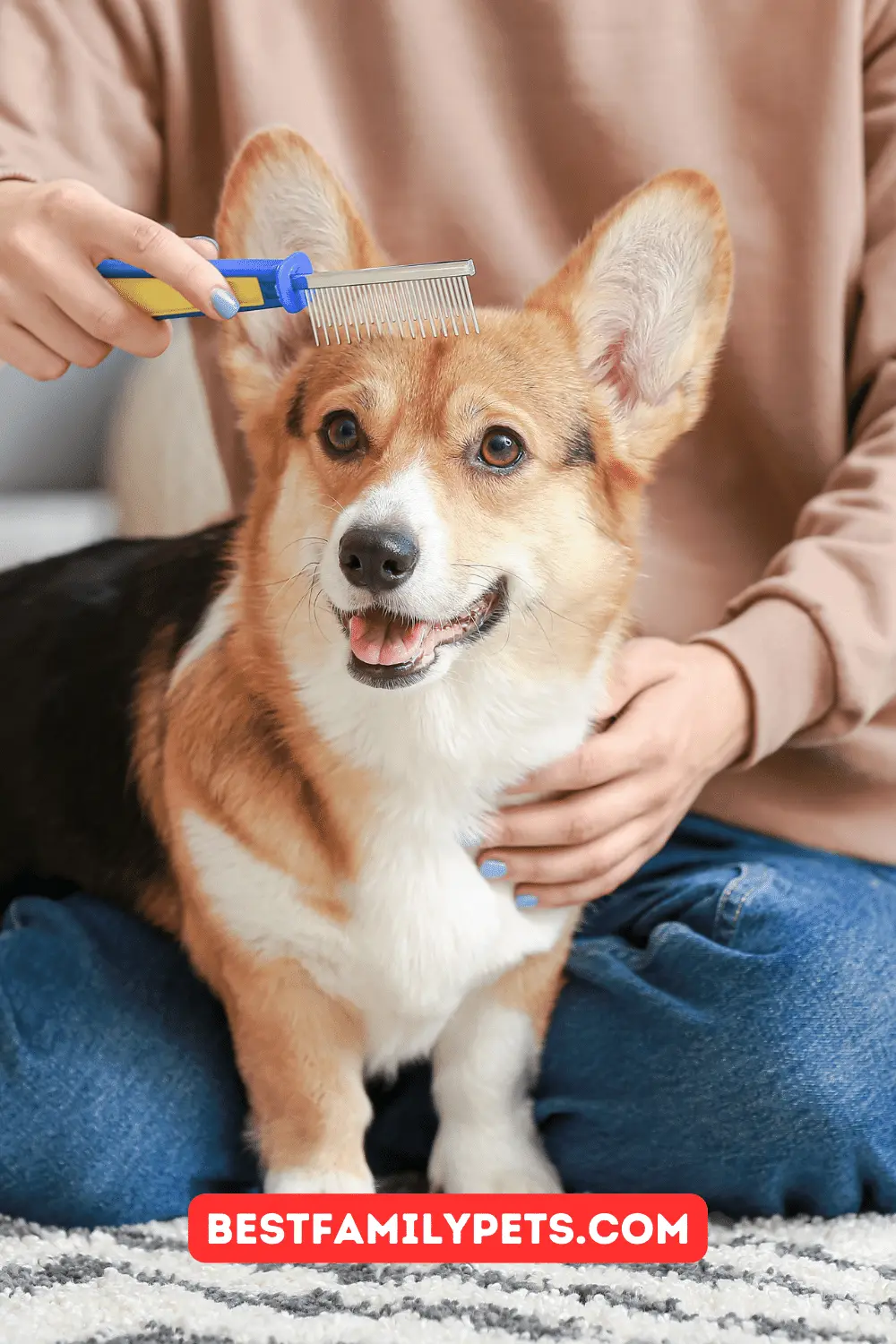Finding the Best Dog Brushes for Different Coat Types
Unleash the perfect coat! Discover the best dog brushes for different coat types, from short & smooth to long & curly. Say goodbye to matted fur and hello to a healthy, shiny shine!
Choosing the best dog brush for your furry friend isn’t a one-size-fits-all situation. With a variety of coat types out there, from short and sleek to long and curly, what works wonders for one pup might not be ideal for another. To ensure your dog’s coat stays healthy, tangle-free, and sheds minimally, understanding the different types of dog brushes and their functionalities is key.
Understanding Your Dog’s Coat
Before diving into specific brushes, take a moment to familiarize yourself with your dog’s coat. Consider the following:
- Length: Is your dog’s fur short, medium, or long?
- Texture: Is it straight, curly, or double-coated (with a dense undercoat)?
- Thickness: Is the fur fine, coarse, or somewhere in between?
Once you have a good grasp of these characteristics, you can start exploring the different brush options available.
Brushes for Short Hair
- Soft bristle brushes: These gentle brushes are ideal for short-haired dogs with smooth coats. They help remove loose hair and debris without irritating the skin.
- Rubber curry combs: These massage and stimulate the skin while removing loose hair and promoting healthy circulation. They’re perfect for short-haired breeds like Pugs and Beagles.
Brushes for Medium Hair
- Slicker brushes: These brushes have fine, densely packed wires that effectively remove loose hair, tangles, and mats. They’re well-suited for medium-haired dogs like Golden Retrievers and Chow Chows.
- Pin brushes: These brushes have longer pins with rounded tips that penetrate the coat and remove tangles without damaging the fur. They’re a good option for medium-haired dogs with thicker coats.
Brushes for Long Hair
- Slicker brushes: Similar to those used for medium hair, slicker brushes can be effective for long-haired dogs as well. Choose one with longer, flexible bristles to gently detangle without pulling.
- Undercoat rakes: These specialized tools reach deep into the undercoat to remove loose fur before it sheds, significantly reducing overall shedding. They’re particularly helpful for double-coated breeds like Huskies and German Shepherds.
Additional Considerations
- Deshedding tools: These innovative tools, like the Furminator, are designed to remove large amounts of loose undercoat, minimizing shedding throughout the year.
- Grooming gloves: These comfortable gloves make brushing a more interactive and enjoyable experience for both you and your dog. They’re perfect for removing loose hair and distributing natural oils for a healthy coat.
Brushing Tips
- Brush regularly: Brushing frequency depends on your dog’s coat type and shedding habits. Generally, aim for a few brushing sessions per week, with more frequent brushing during shedding seasons.
- Be gentle: Use gentle strokes and avoid pulling on tangled fur. If you encounter a mat, work it loose carefully with your fingers or a dematting tool.
- Make it a positive experience: Reward your dog with treats or praise throughout the brushing process to create a positive association.
Conclusion
By choosing the best dog brush for your canine companion’s specific coat type and using proper brushing techniques, you can ensure their fur stays healthy, shiny, and manageable. Remember, a consistent grooming routine not only benefits your dog’s appearance but also promotes their overall well-being.
Additional Resources:
- Choosing the Right Brush for Your Dog: https://amzn.to/3OYPhoG
- The 11 Best Dog Brushes of 2024, Tested and Reviewed: https://www.sweetiepetproducts.com/blogs/sweetie-blog/don-t-know-what-brush-to-use-for-your-pups-grooming-sweetie-has-the-answer
- The best dog brushes for all coat types, according to experts: https://m.youtube.com/watch?v=TNd3LNEUGeM
- Dog grooming brushes guide: find perfect comb for your dog: https://prideandgroom.com/products/the-only-dog-brush
- Best Dog Brushes: Top Choices for All Fur Types: https://www.rover.com/blog/brushes-dogs-long-hair/
FAQs:
- How often should I brush my dog? The frequency depends on your dog’s coat type. Short-haired dogs may need brushing once or twice a week, while long-haired dogs may benefit from daily brushing.
- What should I do if my dog has matted fur? If the mats are severe, it’s best to consult a professional groomer to avoid causing discomfort or injury to your dog.
- What are the benefits of brushing my dog? Brushing removes loose hair and debris, prevents mats and tangles, distributes natural oils for a healthy coat, improves circulation, and strengthens the bond between you and your dog.
- Is it okay to use a human brush on my dog? It’s generally not recommended. Human brushes are often too harsh for a dog’s delicate skin and may not be effective for their specific coat type.
- Where can I buy a dog brush? Dog brushes can be found at pet stores, online retailers, and some department stores.


